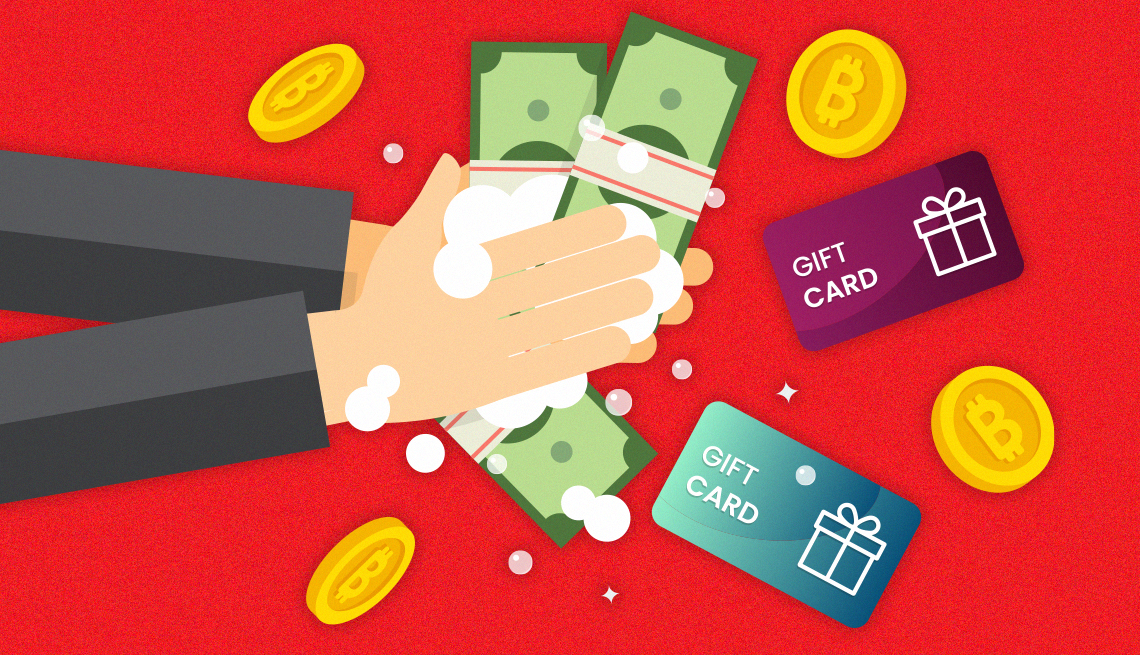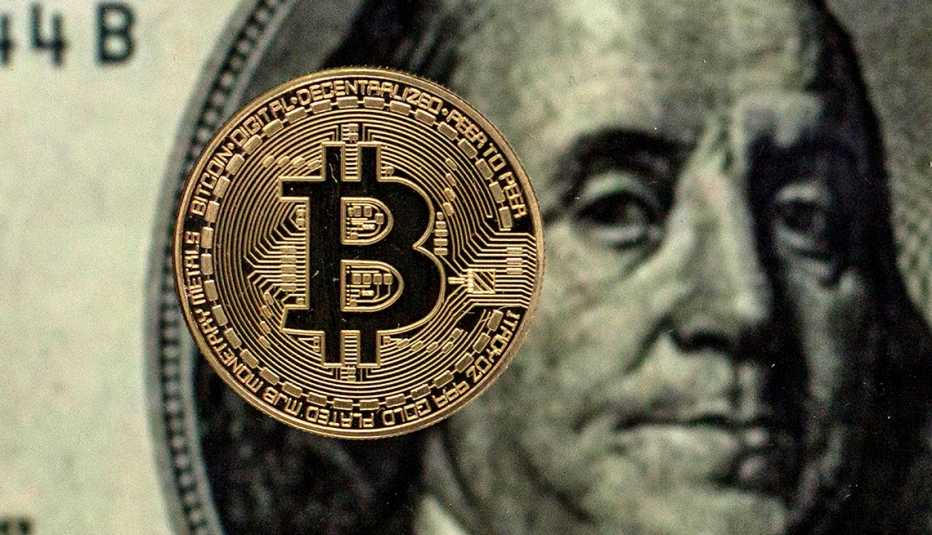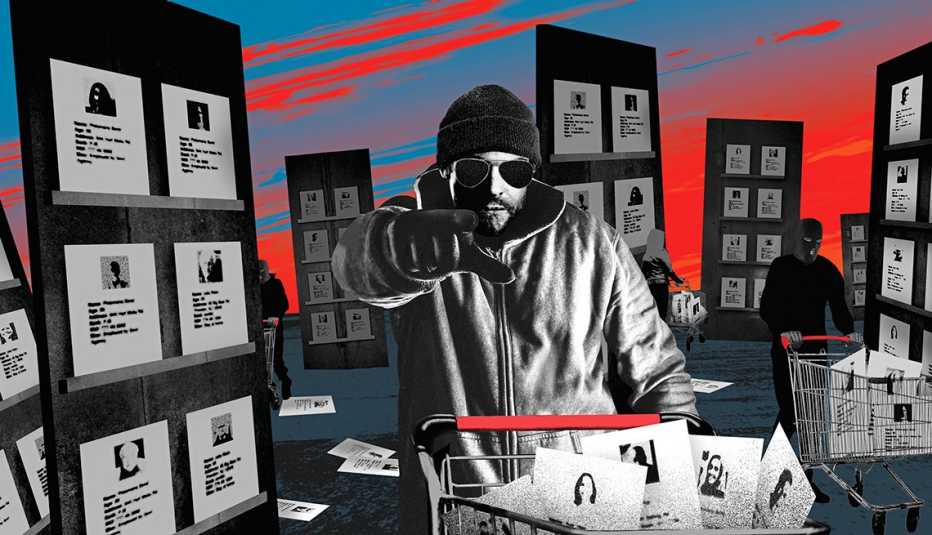AARP Hearing Center
When a fraud victim sends money to a con artist, you’d think the criminal’s work would be mostly complete. But what comes next might be the most difficult and complicated part of the transaction, particularly if the criminal is outside the United States: getting the money into their hands in a way that’s untraceable by law enforcement, banks or anyone else.
Welcome to the underground financial world of money laundering — where gift cards, wire transfers, cryptocurrency and other payment methods are converted into “clean” cash; and banks, credit cards and other legitimate financial institutions are avoided at all costs. It is often a labor-intensive process, involving many people and enterprises along the way, each taking a cut of the proceeds.
A case unfolding in California courts gives a vivid picture of how effective this underground financial system can be. According to court documents, a 66-year-old man in Streamwood, Illinois, was talked into buying $1,000 in gift cards as a way to pay for some bogus service. The man read the gift card redemption codes over the phone to a scammer, who then instantly gave the information to criminals in Southern California via a Chinese-owned messaging app called WeChat. That team dispatched a runner to use the gift card information to buy an $862 tablet at a department store in Chino, California. The time from the initial gift card purchase to buying the tablet? A mere 13 minutes.
How to Stay Safe
- Never buy gift cards for any purpose other than to give as a gift. A request for payment via gift card is very often fraudulent. Government agencies will never solicit payment this way.
- Use credit cards for all online transactions. They come with protections to recover your funds if you are defrauded.
- Don’t pay for goods or services with cryptocurrency unless you have a trusted relationship with the seller. Crooks are trying to coerce payments from Bitcoin ATMs.
- Never send cash through the mail to pay for something bought online or from a phone solicitation. Legitimate businesses accept credit cards.
What next? The California operation would accumulate electronics purchased with the gift cards, then resell some goods in the U.S. and ship others to recipients in Hong Kong. Even if the electronics were resold for less than 50 cents on the dollar, that would be almost pure profit for the ringleader. After paying off everyone along the way — as well as the person who made the call that defrauded the Illinois man — the crime would still be lucrative.
Charges against four people awaiting trial in this California case say that the money-laundering chain obtained gift cards from fraud victims in 14 states. Over $2.5 million in payments via gift cards were used to buy popular high-tech products like tablets, smart watches and gaming consoles.







































































